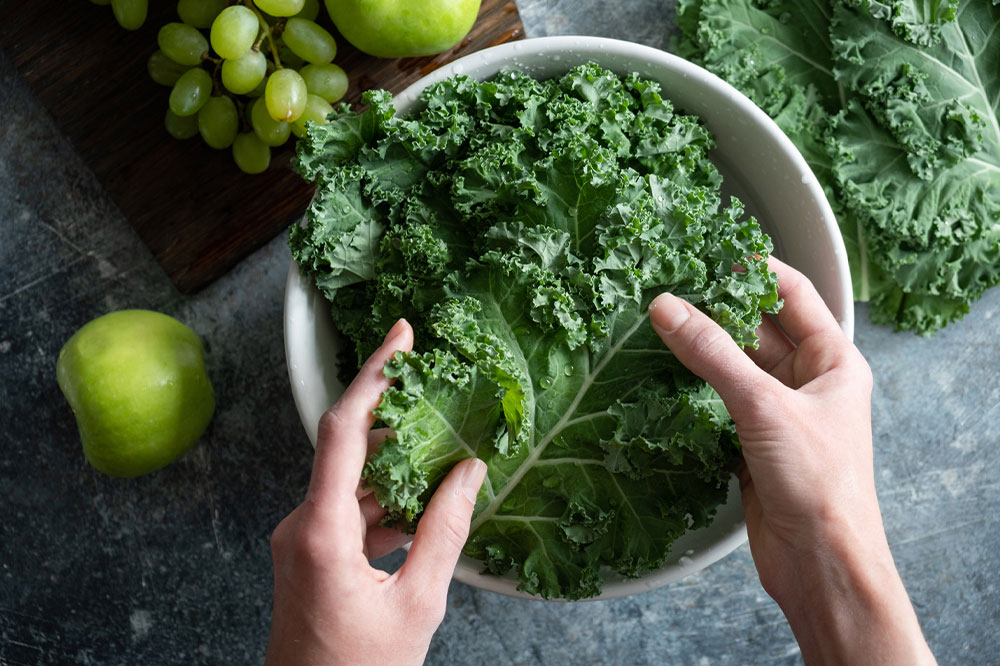
9 superfoods that may help manage macular degeneration
Our eyes help us see the world and react to our surroundings. Hence, it’s crucial to care for them. Ignoring eye health can lead to eye conditions, including macular degeneration. This ailment is caused by damage to the macula, a part of the retina, leading to blurred vision, the appearance of a blind spot, and loss of central vision. Besides following the recommended treatment plan, patients may eat certain foods to manage the symptoms better.
Leafy greens
Green leafy vegetables like kale, spinach, and lettuce are rich in lutein and zeaxanthin, commonly called “eye vitamins.” Reactive oxygen species (ROS) can damage the eye cell’s basic units. Lutein and zeaxanthin filter blue light to prevent ROS from forming in the eyes, helping control macular degeneration symptoms. Low levels of lutein and zeaxanthin have been linked to the onset of age-related macular degeneration. Hence, patients with the condition must incorporate leafy greens into their meals.
Fatty fish
Studies have shown that foods rich in omega-3 fatty acids can protect against eye damage by macular degeneration. Fatty fish like salmon, tuna, anchovies, and mackerel are rich sources of omega-3 and should be a part of one’s meal plan while healing from this condition.
Oysters
Multiple studies have demonstrated the importance of zinc in slowing macular degeneration progression. Oysters are excellent sources of zinc. They have also been shown to protect the eyes against the harmful effects of the sun, a risk factor for age-related macular degeneration.
Eggs
Besides being excellent protein sources, egg yolks contain high levels of lutein and zeaxanthin, which are essential to prevent and manage macular degeneration. They are also packed with zinc and vitamin A, which the body needs to maintain eye health and reduce macular degeneration symptoms.
Almonds
Almonds contain high levels of vitamin E, an essential nutrient to prevent and manage age-related macular degeneration. One may have whole almonds or chop and sprinkle them over breakfast preparations like cereals and porridge.
Carrots
Carrots are known for their high beta-carotene content, which can help manage severe eye conditions and ensure the overall well-being of one’s eyes. Individuals may have this versatile vegetable as a healthy snack with a dip or incorporate it into salads, soups, stir-fries, and juices.
Kiwi
Besides lutein and zeaxanthin, this juicy fruit has antioxidant properties that help control the symptoms of macular degeneration. It’s also a rich source of essential nutrients like vitamin C and ascorbic acid.
Pumpkin
Pumpkin is not only visually appealing but also healthy for the eyes. Since the highest level of beta-carotene is contained in pumpkin peel, patients must retain it while incorporating pumpkin into their meals. Pumpkin is also a great source of vitamins A and C, lutein, zeaxanthin, and zinc, which contribute to better symptom management among patients with macular degeneration.
Goji berries
Goji berries contain the highest levels of zeaxanthin among all foods and are perfect for protecting against age-related macular degeneration. They may be eaten raw, or their flavors infused in herbal tea. For the latter, one should soak a handful of goji berries in herbal tea for a few minutes before drinking it. The soaked berries may be relished separately.


